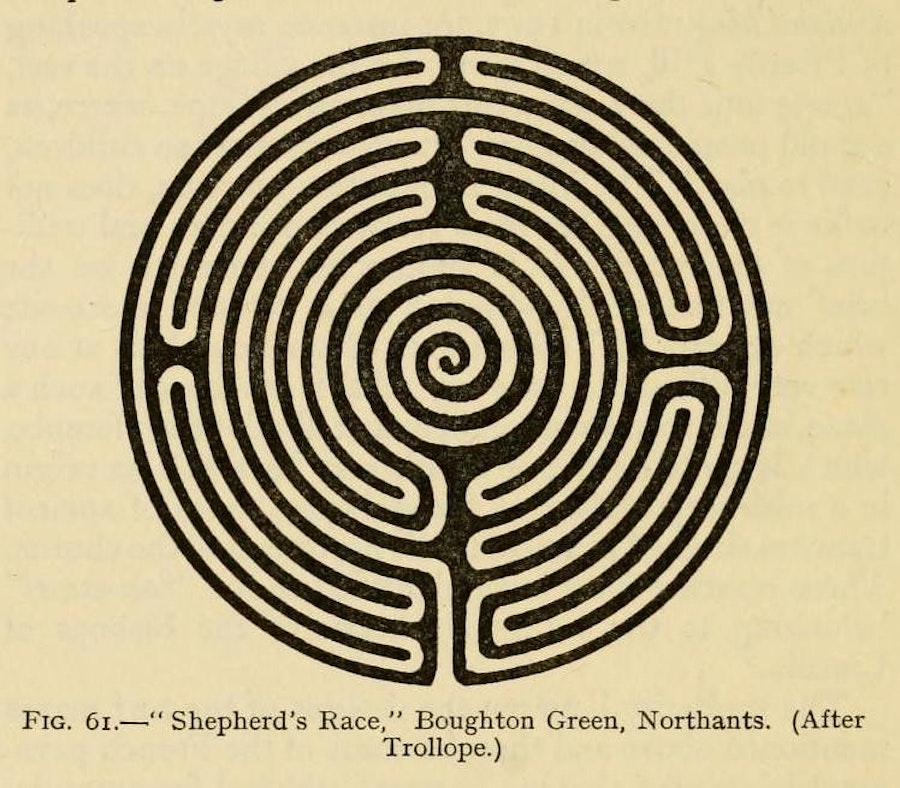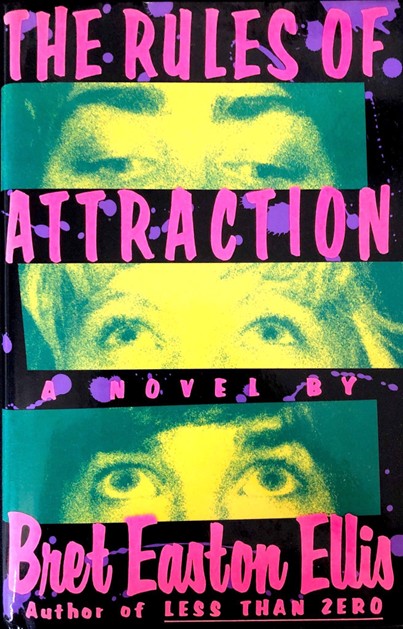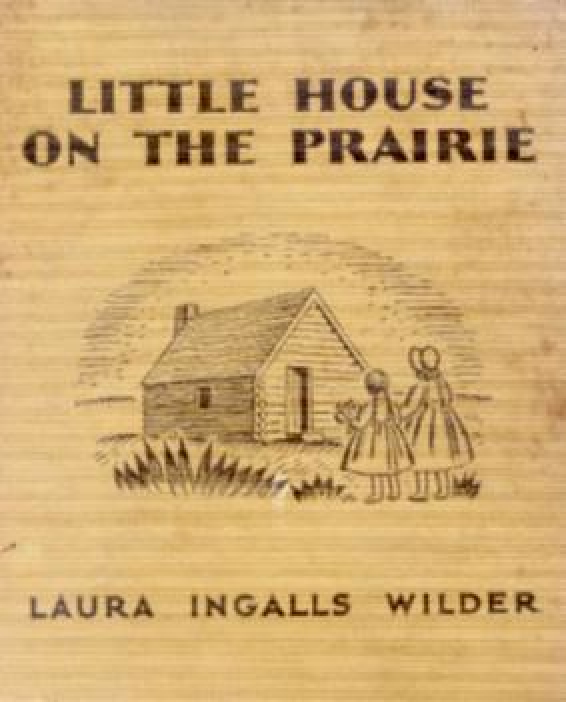Every now and then, when I’m feeling absolutely bleak about my writing (Is any of this remotely good? Do I have anything worth saying? Why do I think I deserve to have a voice at all?), the only thing that can cheer me up is reading a good novel about other writers feeling the exact same way. Call it reverse-escapism, solidarity, or camaraderie—whatever it is, it’s my go-to self-soothing method in the desolate nights of the writing life. So, this post goes out to all the writers, who, like me, are currently tying themselves in knots over sentences and stanzas, desperately wondering if they made the wrong life decision. Maybe you’ll find some consolation here—maybe, even, inspiration.
Writers and Lovers by Lily King (March 2020)
Casey Peabody is thirty-one years old, saddled with debt, and stubbornly, desperately, impossibly trying to finish her first novel. In Writers and Lovers, King follows Casey from a writing residency (which she mostly spends, to her own horror, caught up in a dead-end romance with a fellow resident) back to her cramped rented room in Boston, where she spends her days writing in the morning before rushing to a waitressing job at a high-end restaurant. Casey is caught between the friends who abandoned writing and, now making good money in corporate positions, are furious that she won’t shell out hundreds of dollars to come to their destination weddings, and those who stayed in the game, some of whom are, like her, clawing away at their first novels, others who have, against all odds, made it big, to everyone else’s envy. Casey navigates budding romances and grief over her mother’s recent passing, but the most compelling part of the novel is her battle with the unwieldy manuscript that has become the center of her world. Filled with hilarious and moving observations on the torment and ecstasy of the writing life, Writers and Lovers is comforting, inspiring, and instructional for any writer.
My Brilliant Friend by Elena Ferrante (2011-2014)
Italian novelist Elena Ferrante’s world-renowned Neapolitan Quartet recounts the friendship of its narrator, Lena, with her childhood best friend, Lila. Both women are painfully intelligent, but while Lena has escaped the poverty of their upbringing through an elite (and alienating) education, Lila remains mired in the violent world of their childhood. Both women, however, write, though we see more of Lena’s writing life throughout the series. After dashing off her first novel—a deeply autobiographical coming-of-age story inspired by her own experiences as a teenager in Ischia—Lena goes on to plod through countless other novels, eventually making a career out of her literary talents. The heart of the series lies in Lena and Lila’s continued friendship as they navigate romance, heartbreak, pregnancies, abuse, and loss, but hidden throughout the novels are a beautiful portrayal of the writing life as Lena struggles to maintain and rediscover her voice while surviving the elitist publishing world.
Rainbow Milk by Paul Mendez (April 2020)
Paul Mendez’s debut novel is a gorgeous, semi-autobiographical coming-of-age story following Jesse, a 19-year-old Jamaican-British man after he is outed by his conservative Jehovah’s Witness community and thrown out of his abusive family’s household. Jesse moves to London, where he becomes a sex worker and grapples with constant racist and xenophobic assaults from clients and strangers alike, all the while struggling to heal his own internalized glorification of whiteness and the trauma of his childhood. Woven throughout the book is a fascinating account of Jesse’s relationship with music—particularly 90s R&B—as well as his burgeoning love of literature, starting with James Baldwin and other revolutionary Black writers. As the novel progresses, Jesse begins (like Mendez), to write about his experiences, and the novel ends with Jesse poised to publish a book of his own.
The End of the Affair by Graham Greene (1951)
“A story has no beginning or end: arbitrarily one chooses that moment of experience from which to look back or from which to look ahead. I say ‘one chooses’ with the inaccurate pride of a professional writer who—when he has been seriously noted at all—has been praised for his technical ability, but do I in fact of my own will choose that black wet January night on the Common, in 1946, the sight of Henry Miles slanting across the wide river of rain, or did these images choose me?”
So begins Graham Greene’s stunning novel, The End of the Affair, in which Maurice Bendrix, a professional novelist, recounts his relationship with a wealthy married Englishwoman, Sarah Miles. In condensed and extraordinary prose, Greene charts a staggering journey of sexual desire, romantic attraction, spiritual conversion, jealousy, shame, loss, and grief. Scattered throughout the pages are Bendrix’s reflections on the agony and impossibility of writing as he struggles to make a living on novels and commissioned biographies. Sarah, meanwhile, proves to be a beautiful diarist, with the whole middle part of the novel consisting of stolen passages from her journal. Both perspectives—that of a professional writer and a private diarist—offer poignant, wrenching insights into the purpose and painfulness of writing.
A Lover’s Discourse by Xiaolu Guo (October 2020)
Lastly, we have A Lover’s Discourse, in which Xiaolu Guo beautifully depicts the writing life of an academic, even as she explores xenophobia, racism, loneliness, memory, cultural difference, and homesickness. Her narrator, a Chinese PhD student completing her dissertation in England, falls in love with a German architect, and the two tentatively embark upon a relationship that spans cultures, languages, and (often the most fraught of all) academic disciplines. Each chapter opens with a scrap of dialogue, usually between the two of them, that will take place later in the chapter. The entire book is a poignant, gorgeous meditation on love and romance, belonging, immigration, and expatriation, but the narrator’s doubts over her dissertation, her anxiety about expressing herself correctly through language, and her paralysis around writing make for some of the novel’s most compelling passages.




